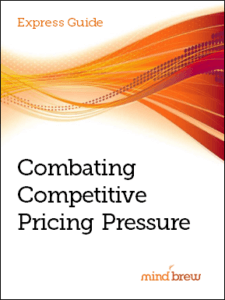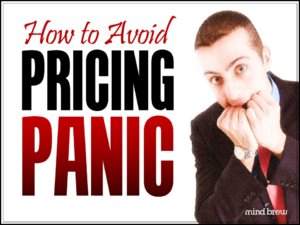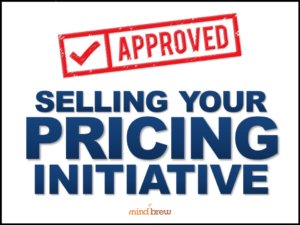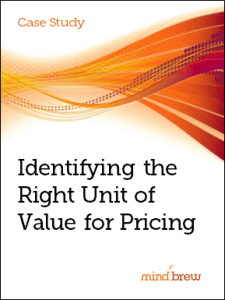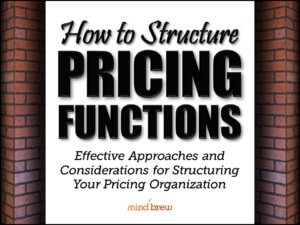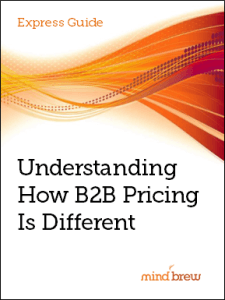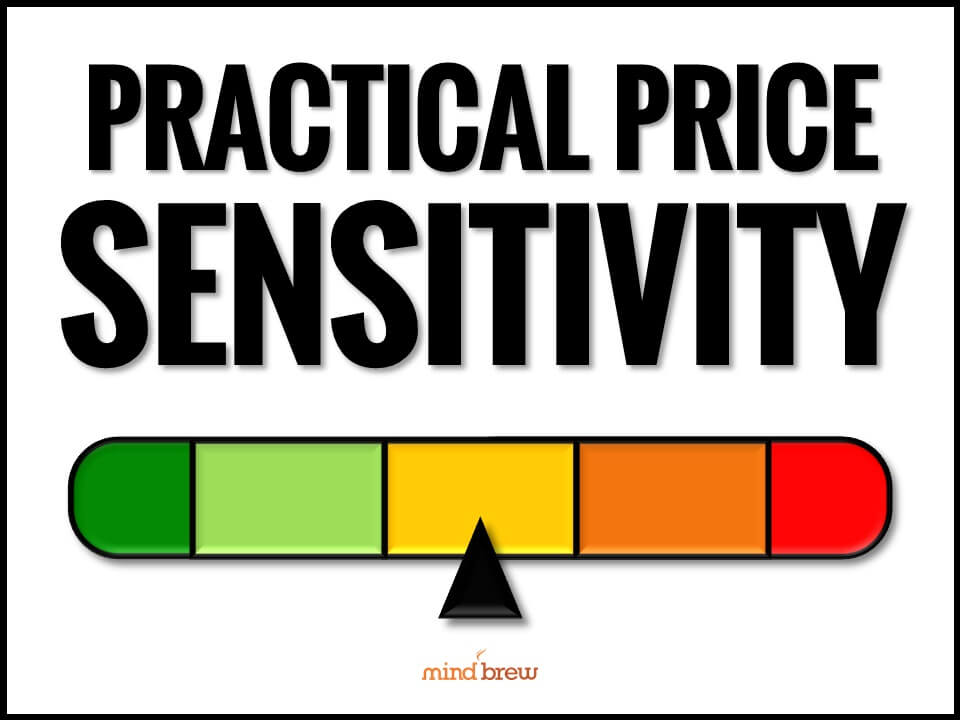Most mornings, while rebooting my brain with the nectar of the gods commonly known as coffee, I’ll watch the business news on TV. To an extent, it helps me stay abreast of what’s happening with the stock markets, regulations, taxes, international trade, etc.
But whenever the discussion turns to tariffs, I have to reach for the mute button. Inevitably, the assembled panel of so-called “experts” will dutifully and authoritatively regurgitate what they read in some textbook:
- Tariffs are paid by the importers…the buyers…who then pass these costs along to the rest of the supply chain in the form of higher prices.
- Any suggestion that the exporters…the sellers…might be covering a large portion of these tariffs has to be false, because…well…refer to #1.
It’s frustrating to hear such shallow treatment of an important topic like this. And I also find it somewhat insulting to those who are dealing with tariffs in the real world.
In the real world, buyers aren’t stupid. They don’t just blindly accept what’s being handed to them. They negotiate. They tell their suppliers that when the tariffs are factored in, the suppliers’ rates are no longer competitive. And they inform their suppliers that unless they can do much better, the buyer will simply have no choice but to seek out and engage alternative sources.
In the real world, sellers aren’t stupid, either. They know very well that the added tariff burden makes their offerings uncompetitive relative to non-tariffed sources. They’re painfully aware that if they don’t reduce the differentials somehow, they’ll eventually lose a lot of market share. And they also know that if competitive sources of supply are enabled and bolstered along the way, that lost market share may be very difficult to claw back.
So…given the dynamics involved, what ends-up happening? To remain somewhat competitive and retain as much market share as possible, many sellers will choose to lower their prices to help offset the tariffs.
Technically speaking, these suppliers aren’t writing tariff checks to the treasury. Of course, that task still falls to the importer. But through price concessions, the exporters are indeed covering a large portion of the obligation.
While TV pundits and armchair pricing experts can thrive on theories, we have to operate in the real world. In the real world, there’s a lot of gray area…a lot of nuance…and there are multiple players with their own motivations and objectives. The real world owes no allegiance to any textbook.
But of course, you already knew that…that’s why you’re here.


